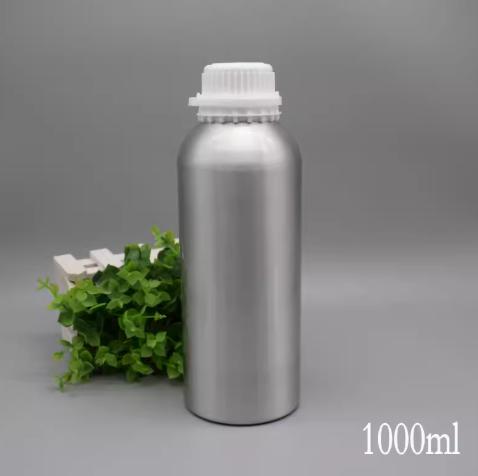Methylpolysilazane
Methyl polysilazane TC-P01A is a higher molecular weight liquid ceramic precursor polymer that forms SiCN ceramics with excellent thermal stability upon pyrolysis. It offers high ceramic yield and is ideal for high-temperature coatings, adhesives, and composites, with a temperature resistance of up to 1450°C (up to 1800°C depending on the formulation).
Methylpolysilazane-Description
Introduction
Methyl polysilazane TC-P01A is a higher molecular weight liquid ceramic precursor polymer composed of repeating Si-N units. Upon pyrolysis under moderate conditions, it produces ceramic products with excellent thermal stability.
Physical Properties
Appearance: Pale yellow or colorless liquid
Viscosity: 200-400 mPa·s
Content: 100%
Molecular Weight: 20,000
VOC (%): Depends on the formulation
Ceramization Yield: ≥65%
Main Characteristics
- Multiple curing methods available
- Good adhesion to metals, ceramics, graphite, and other materials
- Maximum temperature resistance up to 1450°C
- High ceramic yield
- Easy to form SiCN ceramics
- Can withstand temperatures up to 1800°C depending on the formulation
Applications
- Ceramic coatings
- High-temperature adhesives
- Composites
Usage Instructions
Polysilazane TC-P01A can be diluted with various polar or non-polar drying solvents. However, it is sensitive to water and alcohol-based solvents. Contact with these substances will cause hydrolysis or alcoholysis, leading to degradation of the product. Protonic substances should also be avoided.
TC-P01A can be crosslinked and cured at 200°C for 1 hour. If used to prepare ambient-temperature organic-inorganic hybrid ceramic coatings, it needs to be paired with a special catalyst from our company to form an organic-inorganic hybrid coating with a silica-oxygen-based structure in the air.
If further heated (at a 5°C/min heating rate) to 800°C and held for 40 minutes, amorphous ceramics can be formed. The composition of the ceramic product is closely related to the pyrolysis atmosphere:
- In nitrogen or inert gas, the product consists primarily of SiC and Si3N4
- In ammonia gas, the product is mainly Si3N4
- In air, the product is primarily SiOCN
Additionally, the curing process can be influenced by fillers, which affect the final composition of the ceramic product.
After use, promptly clean tools with solvent oil. Once TC-P01A has cured, solvents will no longer be effective for cleaning. To remove, immerse in a 40% strong alkaline solution and heat for 24 hours or more.
Storage
- The product should be stored in a sealed container in a cool (0-5°C) and dry place, away from direct flame.
- Unopened original packaging can be stored for up to 12 months.
- Once opened, the product should be resealed for storage. If no precipitation or clumping occurs after dissolution, it can still be used.
Packaging Specifications
Available in 1kg, 5kg, and 25kg packaging. Custom specifications can be arranged upon customer request.
Labor Protection
- This product is not edible. If ingested, immediately induce vomiting and seek medical attention.
- This product is non-toxic, but contact with skin should be minimized. If contact occurs, wash thoroughly with detergent and water. If the product gets into the eyes, seek medical attention immediately.
- Ensure proper ventilation and exhaust during application.
- It is recommended that operators wear masks, rubber gloves, and goggles during application.
Disclaimer
The information and data provided in this product datasheet are based on the company’s research and experiments, as well as our subjective standards. Due to variations in experimental conditions and uncontrollable factors, this datasheet is for reference purposes only and does not constitute any guarantee or commitment. Before using this product, customers should perform their own tests to determine its suitability. The company is not responsible for any losses or risks associated with the use of this product based on this datasheet.

